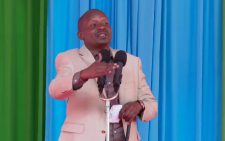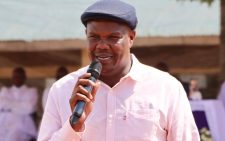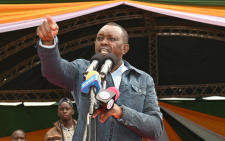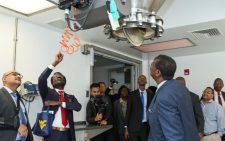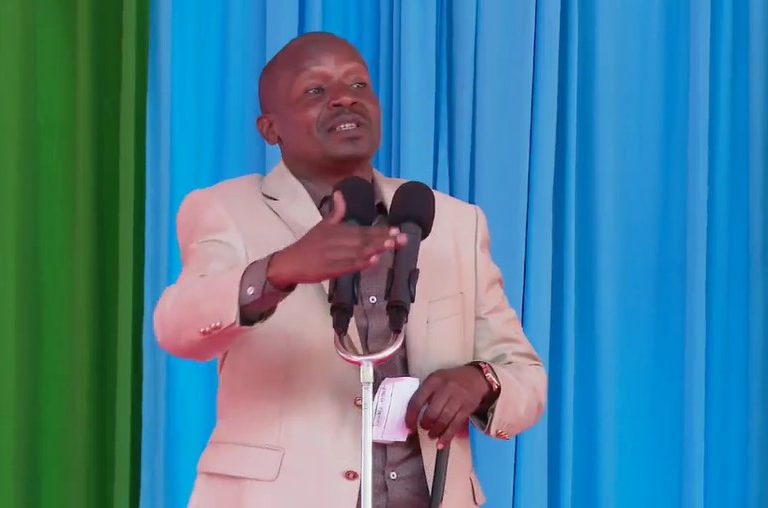Kakamega religious leaders urge gov’t to address economic hardships
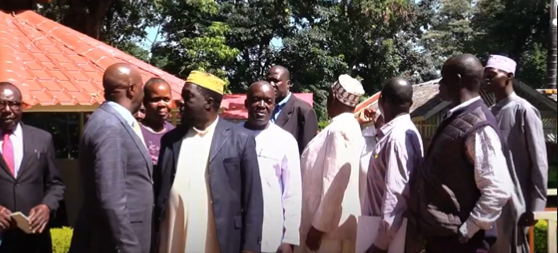
On Tuesday, May 28, 2024, a group of religious leaders in Kakamega County called upon the national government to address the economic hardships faced by Kenyans and to halt the additional taxes.
Speaking during a press briefing, highlighting the widespread suffering due to current taxation policies, the religious leaders urged the government to be sensitive to the needs of the common mwananchi.
Led by Apostal Ken Barasa and Sheikh Idris Mohamed stated that the economy is harsh and many Kenyans are suffering because of the taxes imposed on them.
“Mimi nawaomba viongozi wetu wajuu akiwemo raisi wetu mbaka mca ambao wanatutawala watekeleze ahadi walituambia wakati wa uchaguzi kwa sababu tuliwachagua tukiambini kuwa watatekeleza ahadi walituambia wakifika kule bungeni,”they said.
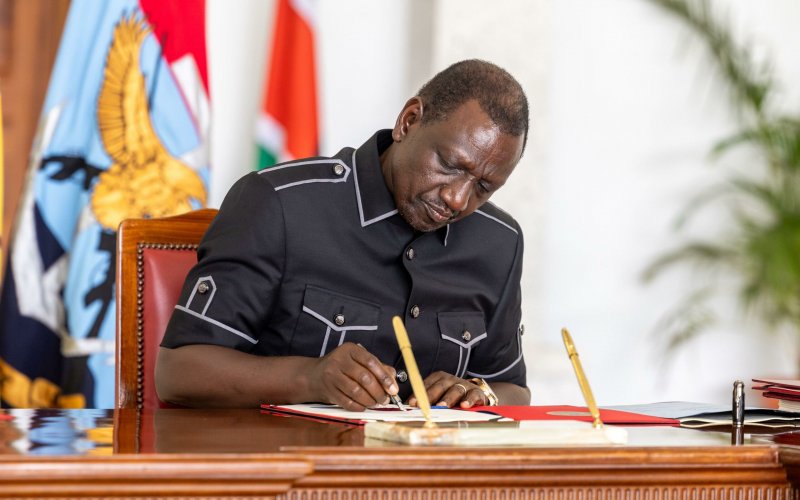
Ahadi ya kwanza walisema wakati wa siasa wakifika huko watarudisha gharama ya maisha chini badala yake tunaona kila siku maisha inapanda juu mbaka mwananchi wa kawaida anashindwa na chakufanya.
“We are appealing to the national government Please as a church we are asking can you be sensitive to the needs of a common mwananchi taxes are good, it is good to tax mwananchi but can we be reasonable enough that we reasonably tax people knowing that they also have responsibilities also people want to see what taxes are doing,” they said.
Religious leaders urge government to address economic hardships and halt additional taxes. #PDNews #PDSiasa pic.twitter.com/tMGQCLFRkn
— PEOPLE DAILY (@PeopleDailyKe) May 28, 2024
Finance Bill
The Finance Bill 2024 which is currently under public participation, has faced rejection from a section of the opposition members of parliament.
The bill proposes to increase the limit of tax-deductible contributions made by employees to registered pension schemes and provident funds from Ksh20,000 per month to Ksh30,000.
The bill also proposed an increase in excise duty on imported cooking oil and an increase in excise duty on mobile money transactions.
Also, motor vehicle tax at a rate of 2.5% of the value of the motor vehicle provided that the tax payable shall not be less than Ksh5,000 but shall not exceed Ksh100,000.


